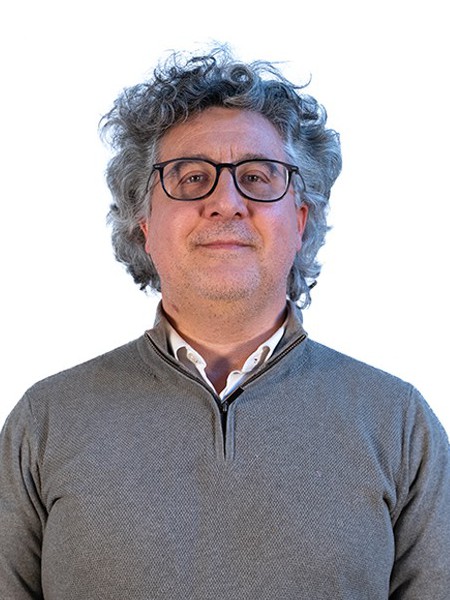resumo
We present a new approach for modeling adsorption in metal-organic frameworks (MOFs) with unsaturated metal centers and apply it to the challenging propane/propylene separation in copper(II) benzene-1,3,5-tricarboxylate (CuBTC). We obtain information about the specific interactions between olefins and the open metal sites of the MOP using quantum mechanical density functional theory. A proper consideration of all the relevant contributions to the adsorption energy enables us to extract the component that is due to specific attractive interactions between the pi-orbitals of the alkene and the coordinatively unsaturated metal. This component is fitted using a combination of a Morse potential and a power law function and is then included into classical grand canonical Monte Carlo simulations of adsorption. Using this modified potential model, together with a standard Lennard-Jones model, we are able to predict the adsorption of not only propane (where no specific interactions are present), but also of propylene (where specific interactions are dominant). Binary adsorption isotherms for this mixture are in reasonable agreement with ideal adsorbed solution theory predictions. We compare our approach with previous attempts to predict adsorption in MOFs with open metal sites and suggest possible future routes for improving our model.
palavras-chave
GENERALIZED-GRADIENT-APPROXIMATION; UNITED-ATOM DESCRIPTION; MOLECULAR SIMULATION; FORCE-FIELD; TRANSFERABLE POTENTIALS; HYDROGEN ADSORPTION; ACETYLENE STORAGE; PHASE-EQUILIBRIA; POROUS MATERIALS; METHANE STORAGE
categoria
Chemistry; Materials Science
autores
Fischer, M; Gomes, JRB; Froba, M; Jorge, M
nossos autores
Projectos
agradecimentos
This work is supported by projects PTDC/EQU-EQU/099423/2008, PEst-C/EQB/LA0020/2011 and PEst-C/CTM/LA0011/2011, financed by FEDER through COMPETE - Programa Operacional Factores de Competitividade and by FCT - Fundacao para a Ciencia e a Tecnologia. Thanks are also due to FCT for Programa Ciencia 2007. M. Fi. gratefully acknowledges a postdoctoral fellowship from the German Research Foundation (DFG grant FI 1800/1-1).


